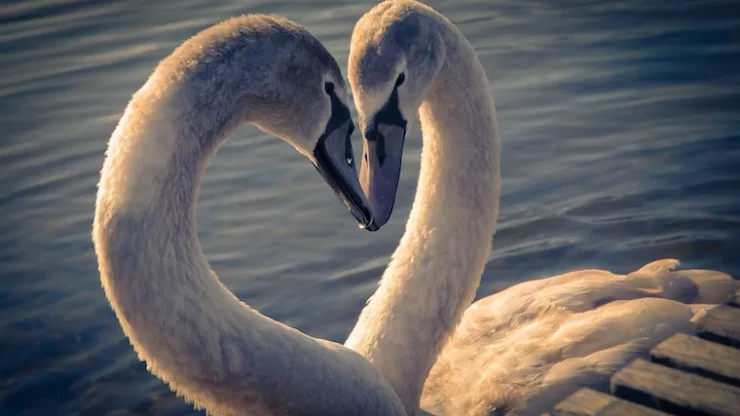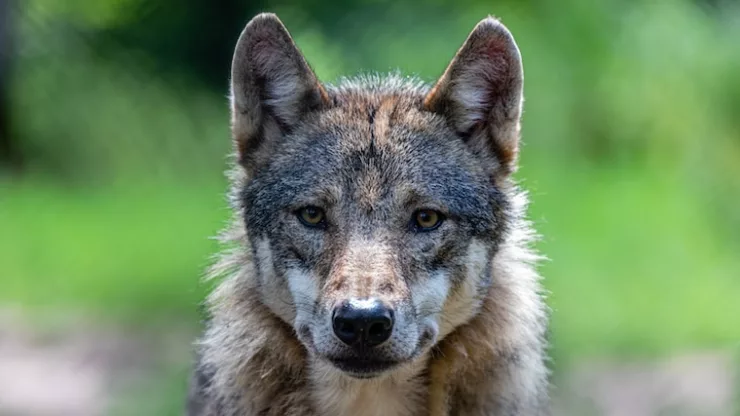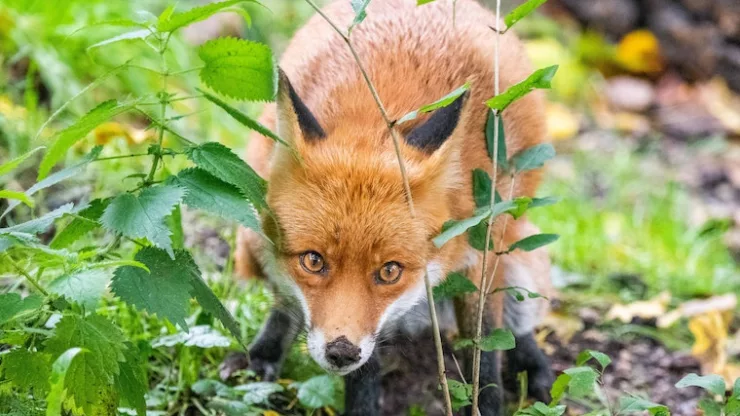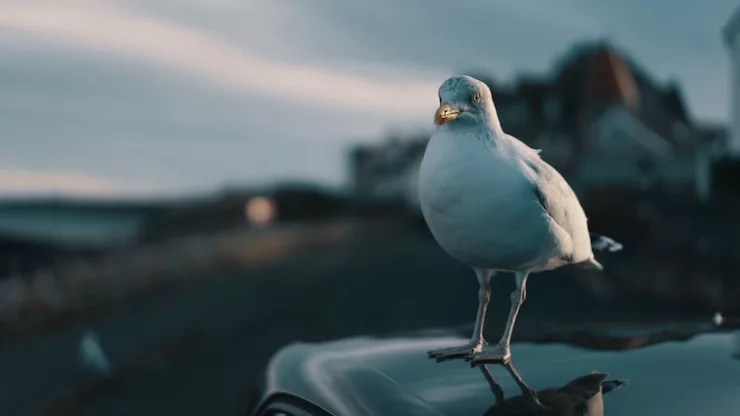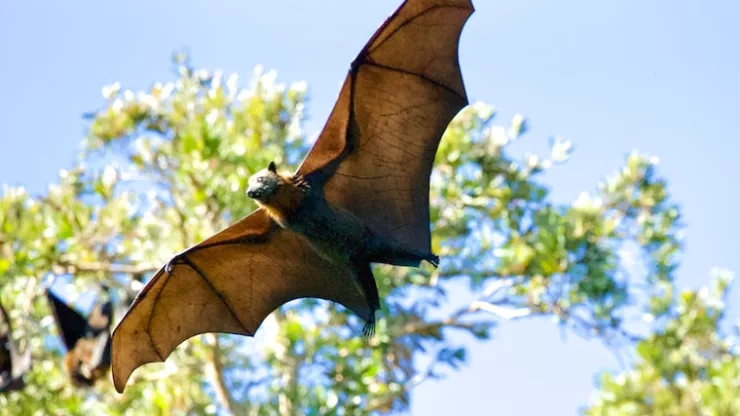It’s a common sight in cities across the world – swans gracefully gliding across urban ponds and lakes, seemingly at ease in their surroundings.
But have you ever stopped to consider what these majestic birds are actually eating?
As it turns out, the diet of city swans is a complex and fascinating topic, influenced by a variety of factors including biochemistry, urbanization, and human food waste.
In this article, we’ll explore the intricacies of city swans’ dining habits and provide tips for feeding them responsibly.
Jump to Section
Introduction
Swans are a common sight in urban environments, where they can often be found inhabiting parks, ponds, and lakes.
While these birds are known for their graceful beauty, they’re also notorious for their sometimes-aggressive behavior.
However, it’s their dietary habits that are perhaps the most complex and intriguing aspect of their lives.
Understanding the Dining Habits of City Swans
Examining the Dietary Patterns of Urban Swans
Swans are omnivores, meaning they eat both plant and animal matter.
In the wild, their diet consists primarily of aquatic plants such as pondweed, waterweed, and duckweed.
However, in urban environments, they may also consume human food waste and bread provided by park-goers.
The Role of Biochemistry in the Diet of City Swans
According to research, the biochemistry of swans plays a significant role in their dietary choices.
For example, swans have a high requirement for the mineral calcium, which is essential for the formation of their eggshells.
In urban environments, where natural sources of calcium are often scarce, swans may turn to human food waste as a source of this vital nutrient.
The Impact of Urbanization on the Eating Habits of Swans
As cities continue to grow and expand, the natural habitats of swans are increasingly being encroached upon.
This has led to changes in their dietary habits as they adapt to their new surroundings.
The Effect of Human Food Waste on Urban Swans’ Diet
One of the most significant impacts of urbanization on swans’ diets is the prevalence of human food waste.
In many cities, parks and other public spaces are littered with discarded food scraps, which swans may consume in addition to their natural diet.
While this may seem like a harmless way to feed the birds, it can actually be detrimental to their health.
Human food is often high in salt, sugar, and preservatives, which can disrupt the delicate balance of nutrients in the swans’ diet and lead to health problems.
Cracking the Code of City Swans’ Feeding Behavior
Understanding the feeding behavior of city swans is a crucial aspect of providing them with safe and nutritious food.
Swans are generally selective feeders, meaning they prefer certain types of food over others.
The Relationship Between Swans’ Feeding Behavior and Urban Development
In urban environments, swans may be more likely to consume human food waste due to the scarcity of natural food sources.
However, this can lead to a number of issues, including health problems and aggressive behavior.
Best Practices for Feeding City Swans Responsibly
Feeding city swans can be a rewarding experience, but it’s important to do so responsibly.
Here are some tips for providing safe and nutritious food for urban swans:
- Offer a variety of foods, including natural sources of nutrition such as aquatic plants.
- Avoid feeding swans human food waste, as it can be detrimental to their health.
- Provide food in moderation, as overfeeding can lead to obesity and other health problems.
- Respect the birds’ space and avoid approaching them too closely.
Navigating the Complexities of City Swans’ Dietary Habits
Feeding city swans requires a delicate balance of understanding their natural diet, their biochemistry, and the impact of urbanization on their feeding behavior.
By following best practices and providing safe and nutritious food, we can help ensure that these majestic birds thrive in urban environments.
FAQ
What do city swans eat?
City swans are omnivores and primarily consume aquatic plants such as pondweed, waterweed, and duckweed.
In urban environments, they may also consume human food waste and bread provided by park-goers.
Is it okay to feed swans human food?
It’s best to avoid feeding swans human food, as it can be detrimental to their health.
Human food is often high in salt, sugar, and preservatives, which can disrupt the delicate balance of nutrients in the swans’ diet and lead to health problems.
How much should I feed city swans?
It’s important to provide food in moderation, as overfeeding can lead to obesity and other health problems.
A small amount of food, offered in a variety of options, is typically sufficient for the birds’ needs.
I’m a nature enthusiast and creator of Metro Wilds and have spent years exploring the great outdoors.
With a passion for environmental conservation and sustainability, I have dedicated my career to writing about the beauty and wonders of nature, as well as the threats facing our planet.
Contact me at [email protected] for assistance.

